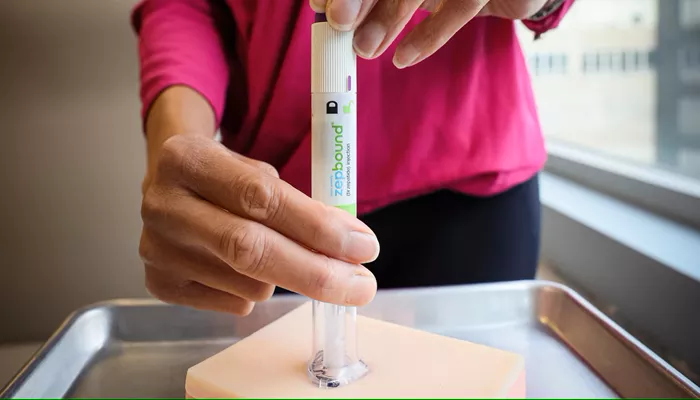April 23 (Reuters) – Eli Lilly (LLY.N) announced on Wednesday that it has filed lawsuits against four compounders for selling unapproved products containing tirzepatide, a key ingredient in its weight-loss and diabetes treatments. This comes after a U.S. judge ruled last month to block pharmacies from making unauthorized copies of these drugs.
Under U.S. regulations, compounders were previously allowed to produce versions of obesity drugs if the FDA classified them as being in shortage. This rule allowed such manufacturing during supply gaps. Tirzepatide, which is the active ingredient in Lilly’s Mounjaro and other medications, has been a critical part of these treatments.
The lawsuits, filed in California, target Mochi Health Corp, Fella Health and Delilah, Willow Health Services, and Henry Meds. Lilly accuses them of selling counterfeit versions of tirzepatide, including some with additives or in oral form, without providing any clinical evidence to support their safety or effectiveness.
“We’re committed to making sure these treatments remain accessible to patients,” said Myra Ahmad, CEO of Mochi Health. She added that the company is addressing the allegations.
Lilly, based in Indianapolis, has already sued over two dozen medical spas, wellness centers, and compounding pharmacies for selling products that claim to contain tirzepatide. Earlier this month, the company also filed lawsuits against two additional compounders and issued cease-and-desist letters to about 50 companies, demanding they stop mass compounding.
Compounding facilities mix or alter drug ingredients to create medications, but they must comply with strict regulations to ensure safety and efficacy.


